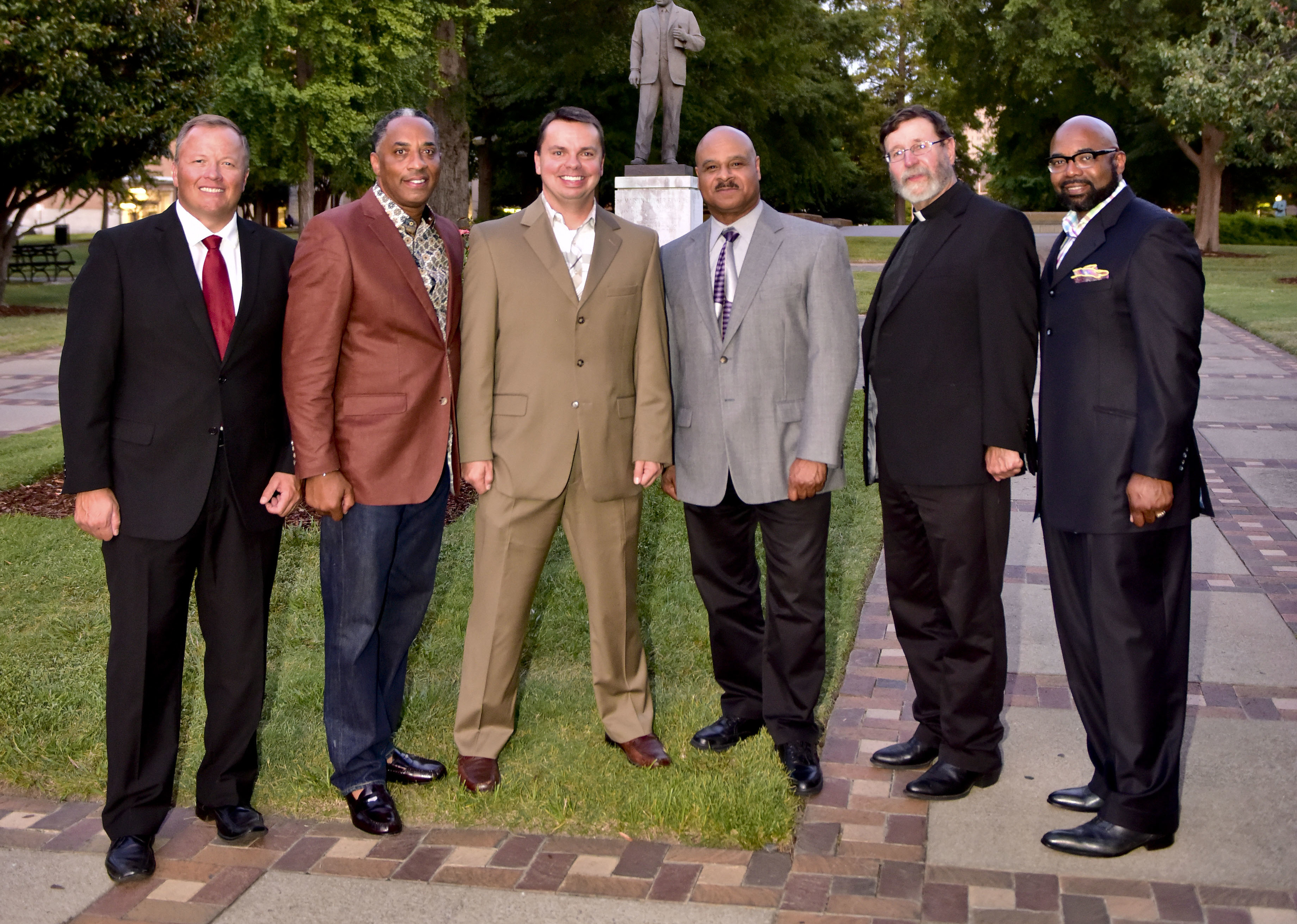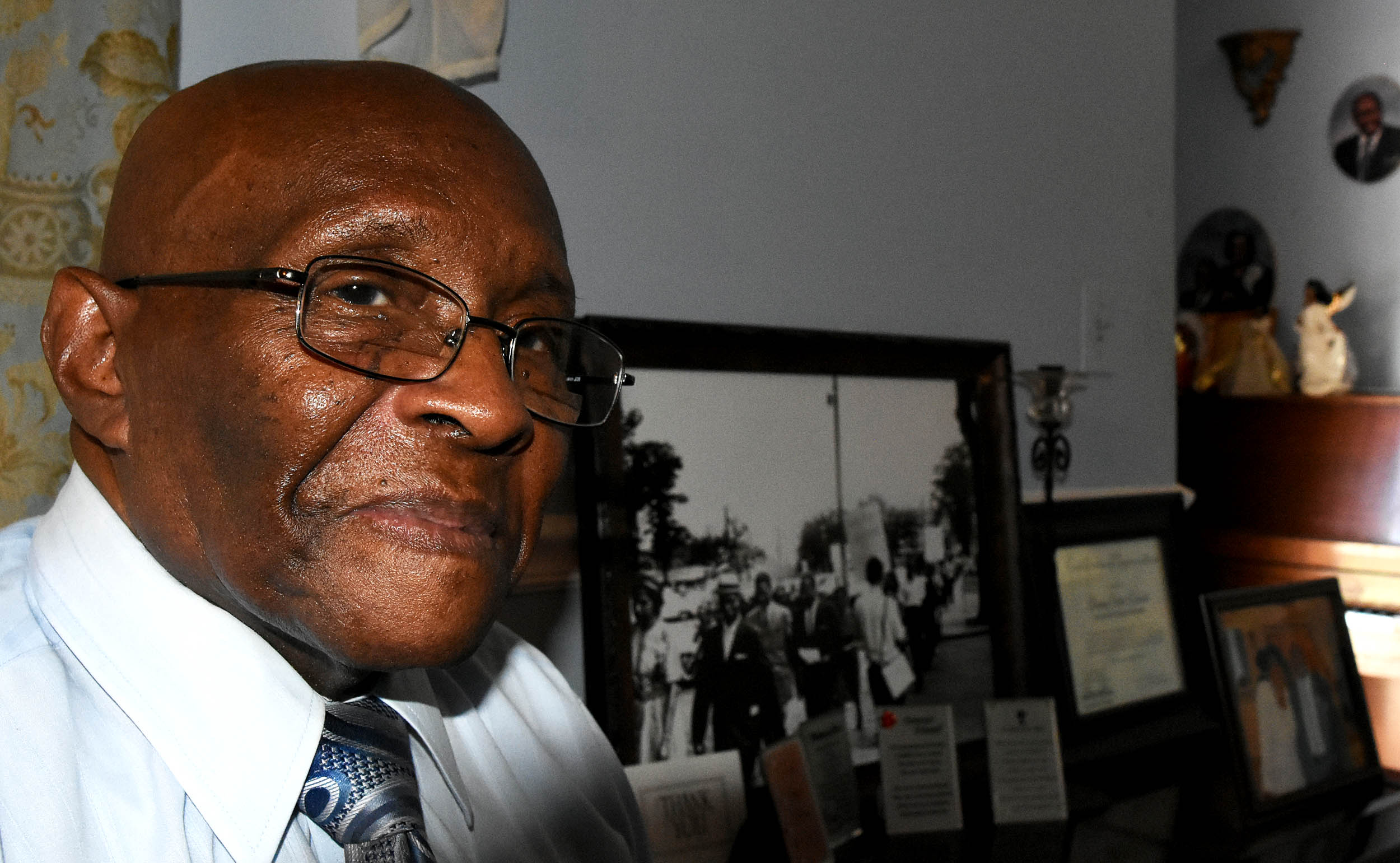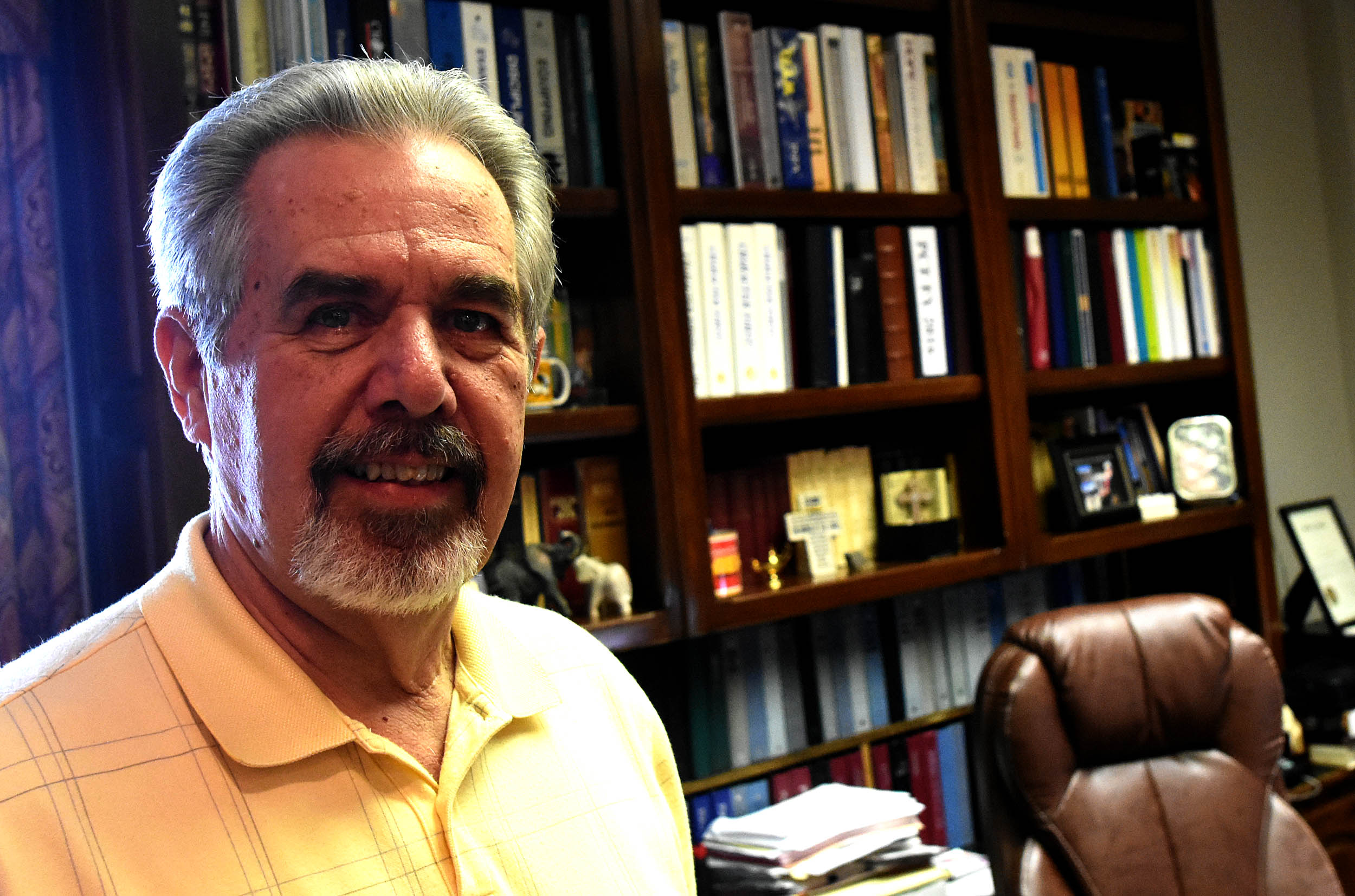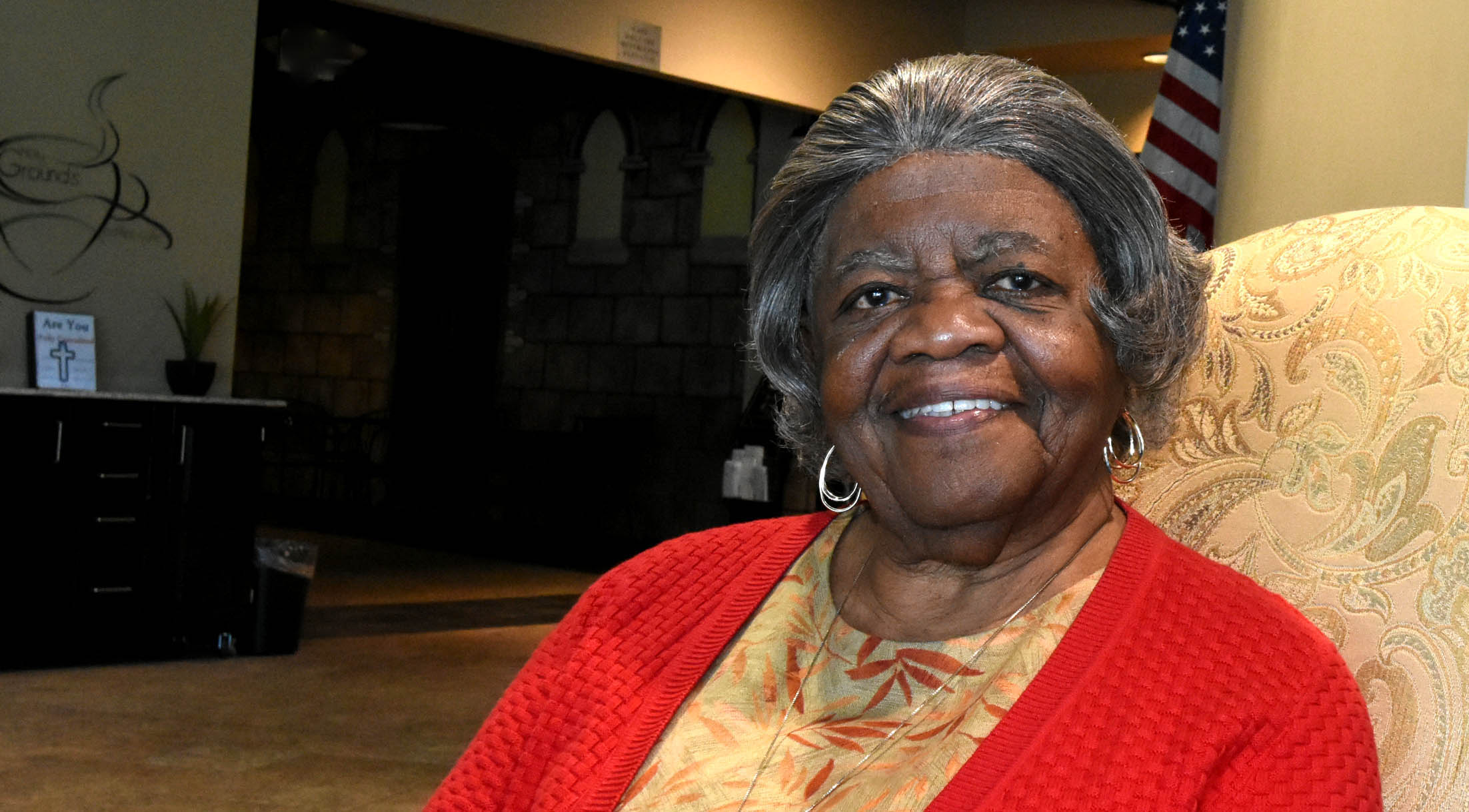
By Solomon Crenshaw Jr.
For The Birmingham Times

Fifty-three years ago, the city of Birmingham was wounded by what the Rev. Dr. Martin Luther King Jr. said was the “most vicious and tragic crimes ever perpetrated against humanity”—the 16th Street Baptist Church bombing.
More than five decades after that heinous act killed four girls and injured 22 others, one question lingers: Has Birmingham healed?
“The doctor needs to always stay on the job,” said 83-year-old Bishop Calvin Woods, president of the Southern Christian Leadership Congress and pastor of Shiloh Baptist Church. “We’ve come a long way, … but we haven’t completed the journey yet. And I doubt that the journey will ever be over as long as there is injustice and justice stands up against that.”
The Birmingham Civil Rights Institute (BCRI) is offering a yearlong series of community conversations designed to promote healing and reconciliation in the Magic City. The first, held in July, was entitled “The Role of Faith Leaders in Today’s Issues.” And the second—“Healing from Racial Trauma”—is being held today to commemorate the church bombing.
“Recent events have not allowed us to escape the impact institutional racism continues to have on all of us,” said Ahmad Ward, BCRI vice president of education and exhibitions. “This discussion will address the significance of working to heal the economic, social, and psychological wounds of racial trauma on both the individual and community levels.”

Has Birmingham Changed?
There is some disagreement about whether Birmingham has changed.
Jonathan Jones, one of those injured in the church bombing, said it has not. Jones, who lived in Enon Ridge at the time of the bombing, is currently director of planning for Forest Park, Ga., in metro Atlanta. His visits to Birmingham are few.
Asked has the city changed? Jones said: “In my opinion, no, it has not. It appears to me that the city is still very much divided. Even though there may be elected officials who are black, there still seems to be a thread of separation rather than harmony. I just don’t sense togetherness in Birmingham. I still sense a city divided.”
The Rev. Randy Williams, pastor of Parkway Christian Fellowship, disagreed: “Do we have a ways to go? Sure. I see that there’s more trust and more willingness to accept each other and be inclusive and intentional in society.”
To say nothing has changed “is really a condemnation to everyone who has worked hard. I think that’s a false narrative,” Williams said.
The Rev. Larry Ragland, pastor of Solid Rock Church in Pinson, said he can see changes, even on Sunday mornings, which King once said is the most segregated hour of the week.
“I’m beginning to see black pastors shepherding white people in their churches,” he said. “You’ve got white pastors who’ve got African-American people as well as Hispanic people coming up under their leadership. I see a healing in that there’s not a prequalification of a skin color to be able to worship together.”

Healing from the Pain
Like others, Ragland said the city has steps to take.
“It would be very difficult to ever heal from that pain,” he said. “That was an identifying moment in Birmingham’s history. For some people, the wound is still deep.”
The Rev. Doug Taylor, pastor of Rebirth Christian Fellowship in Center Point, said he understands that everyone will not always agree on the issues of where the city stands.
“Even with healing, there is pain,” he said. “Whenever there is collaborative effort, there is the chance for disagreement. I don’t think disagreements are always a bad thing. I think that the way that we handle these disagreements feeds into the way that we’re viewed, feeds into negative views of whether we’re really making progress.”
The Rev. Arthur Price, current pastor of 16th Street Baptist Church, has been in Birmingham for just the past 14 years, but said introspection has been the key to helping the city overcome its past atrocities.
“Introspection says we’re better than this and [asks], ‘How can we reconcile this?’”
Birmingham provides lessons for the world, Price said, pointing out that tens of thousands of people visit his church every year. He also noted the change in the Birmingham Police Department.
“We know some of the problems of policing that are going on today,” he said. “We have the director of the FBI looking at the Birmingham Police Department, seeing how they interact. In 1963 they would not be the model police force, but today they are being touted as one of the model police forces.”
Survivor’s Story
Bishop Jim Lowe, senior pastor of Guiding Light Church, is a survivor the 16th Street Baptist Church bombing. He was 11 years old at the time, and sustained cuts from flying debris that struck his back and arms. Survivors received no counseling, he said.
“You’d just go home and suck it up,” Lowe recalled. “But it did not cause me to have any animosity toward white people, and I knew it had to be a white person who did it.”
His most vivid memory of the bombing is of the stained-glass window on the east side of the church, one depicting Jesus Christ holding a lamb. As he recalls, the heart of Jesus was blown out by the blast.
Lowe remembers having had a fondness for Denise McNair, the youngest of the girls killed in the blast. He said he felt the loss of her from the bombing but was never moved to have a spirit to get even.
“We have not radicalized our citizenry,” he said. “We have a strong moral and spiritual foundation in this city.”
Father Mitch Pacwa of the Eternal World Television Network, which was founded by Mother Angelica and is the largest religious media network in the world, considered the heart of Jesus that Lowe recalled from that stained-glass window.
“We have to replace the heart of Jesus inside of each one of us and let His heart work within our hearts,” he said, “so that any of the differences and distinctions are something that we cherish and love with His love.”
Doris Gary, 83, was a foot soldier during the civil rights movement. She worked with the Rev. Fred Shuttlesworth and said the iconic minister taught love.
“In spite of the injustice we were facing, he came from a different standpoint,” she said. “As a minister, he taught us basically from the Word of God that you’ve got to love everybody in spite of.”

‘A Better Day’
Another sign of change and healing in Birmingham can be seen among groups like the Gatekeepers Association of Alabama, pastors of various races, denominations, and backgrounds. Gatekeepers has 30 pastors at its core but about 50 overall, including Williams, Lowe, Pacwa, and Ragland.
“They’re together, they’re in unity, and they have a common desire to see unification,” said J.T. Smallwood, Jefferson County tax collector and son of former Circuit Judge Tennant Smallwood, who swore in Birmingham’s first African-American judge, Peter Hall. “They have a common desire to see growth and to see respective races come together. There’s not competition there, but there’s a true spirit of unity that’s emerging in different areas of faith.
Indeed, faith appears to have been the key ingredient to bring about the healing that has occurred in Birmingham, though many acknowledge that the healing process continues today.
“I think it is the church’s responsibility to be that salve, to be that healing balm,” said Ragland. “Faith gives us the hope to see beyond the current situation … and to hope for a better day.”




